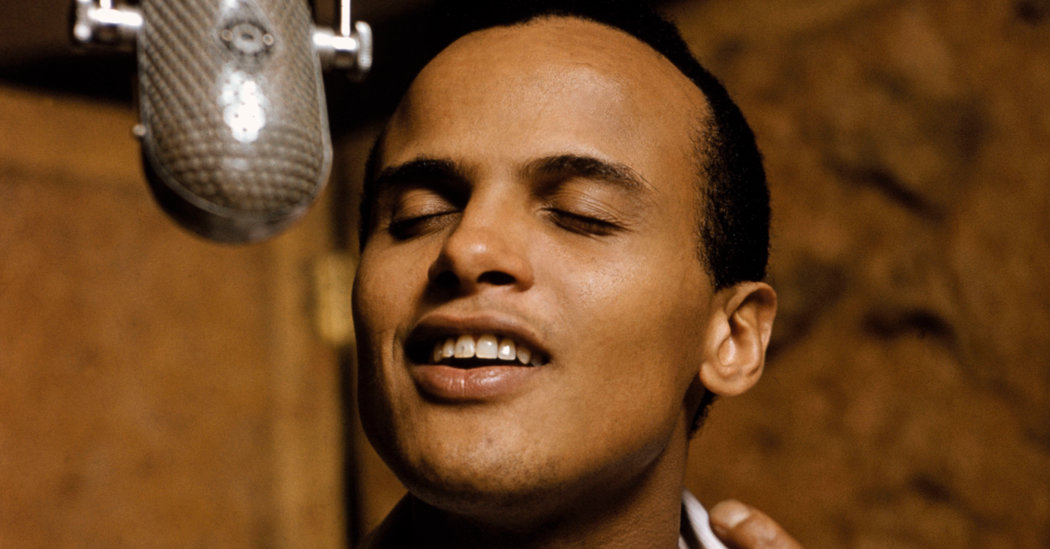
When Mr. Belafonte returned to film as both producer and co-star, with Zero Mostel, of “The Angel Levine” (1970), based on a story by Bernard Malamud, the project had a sociopolitical edge: His Harry Belafonte Enterprises, with a grant from the Ford Foundation, hired 15 Black and Hispanic apprentices to learn filmmaking by working on the crew. One of them, Drake Walker, wrote the story for Mr. Belafonte’s next movie, “Buck and the Preacher” (1972), a gritty western that also starred Mr. Poitier.
But after appearing as a mob boss (a parody of Marlon Brando’s character in “The Godfather”) with Mr. Poitier and Bill Cosby in the hit 1974 comedy “Uptown Saturday Night” — directed, as “Buck and the Preacher” had been, by Mr. Poitier — Mr. Belafonte was once again absent from the big screen, this time until 1992, when he played himself in Robert Altman’s Hollywood satire “The Player.”
He appeared onscreen only sporadically after that, most notably as a gangster in Mr. Altman’s “Kansas City” (1996), for which Mr. Belafonte won a New York Film Critics Circle Award. His final film role was in Spike Lee’s “BlacKkKlansman” in 2018.
Political Activism
Mr. Belafonte continued to give concerts in the years when he was off the screen, but he concentrated on political activism and charitable work. In the 1980s, he helped organize a cultural boycott of South Africa as well as the Live Aid concert and the all-star recording “We Are the World,” both of which raised money to fight famine in Africa. In 1986, encouraged by some New York State Democratic Party leaders, he briefly considered running for the United States Senate. In 1987, he replaced Danny Kaye as UNICEF’s good-will ambassador.
Never shy about expressing his opinion, he became increasingly outspoken during the George W. Bush administration. In 2002, he accused Secretary of State Colin L. Powell of abandoning his principles to “come into the house of the master.” Four years later he called Mr. Bush “the greatest terrorist in the world.”
Mr. Belafonte was equally outspoken in the 2013 New York mayoral election, in which he campaigned for the Democratic candidate and eventual winner, Bill de Blasio. During the campaign he referred to the Koch brothers, the wealthy industrialists known for their support of conservative causes, as “white supremacists” and compared them to the Ku Klux Klan. (Mr. de Blasio quickly distanced himself from that comment.)













